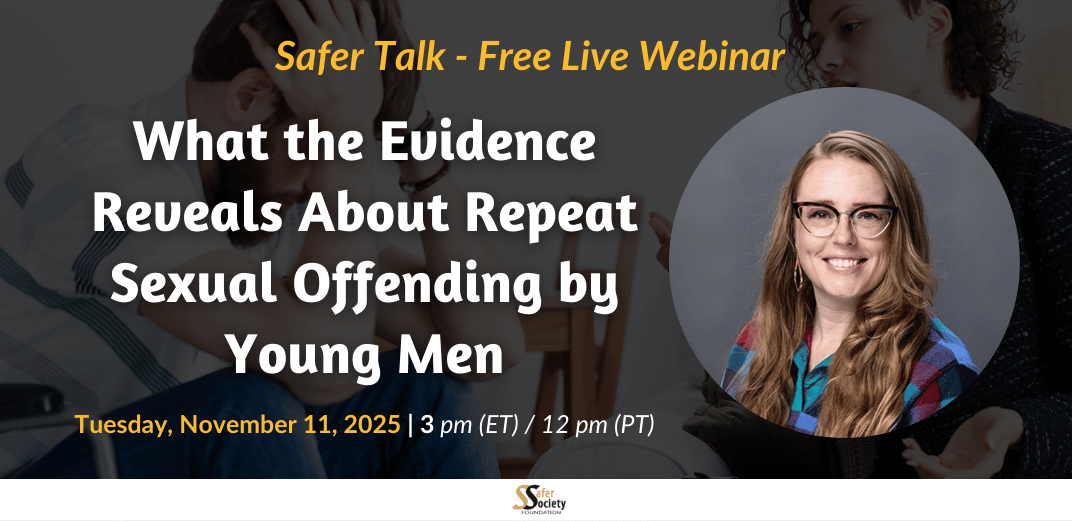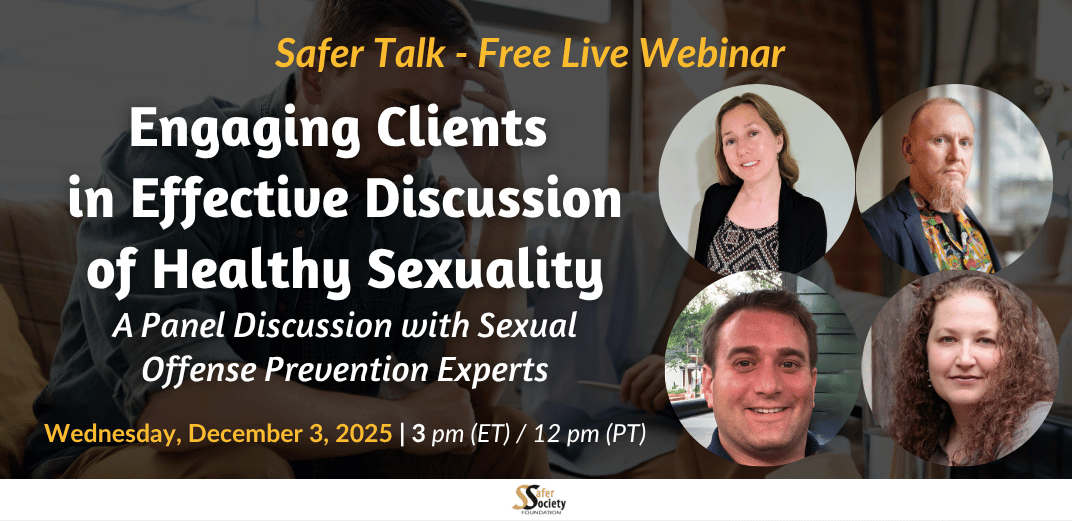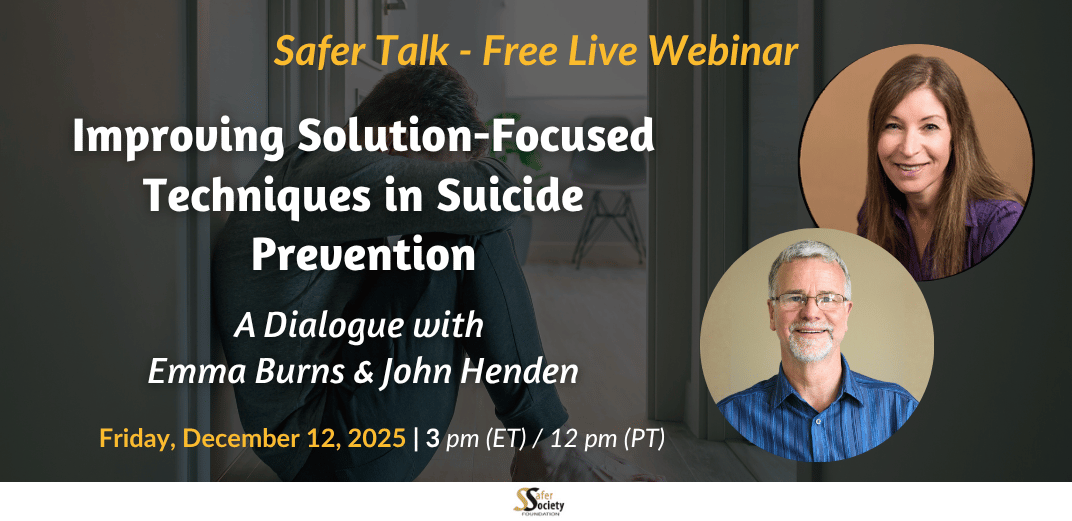
What the Evidence Reveals About Repeat Sexual Offending by Young Men
RaeAnn Anderson, PhD, a human sexuality researcher and educator at the Sexual Violence Prevention Laboratory of the University of Missouri–Kansas City, makes a strong case that both research and practice are not making the most of our existing findings and that the true implications of what we have learned are profound. During this webinar, Dr. Anderson explores what we know about repeated sexual harm perpetration by young men across multiple settings, drawing from a variety of fields to highlight both the evidence and its consequences.



